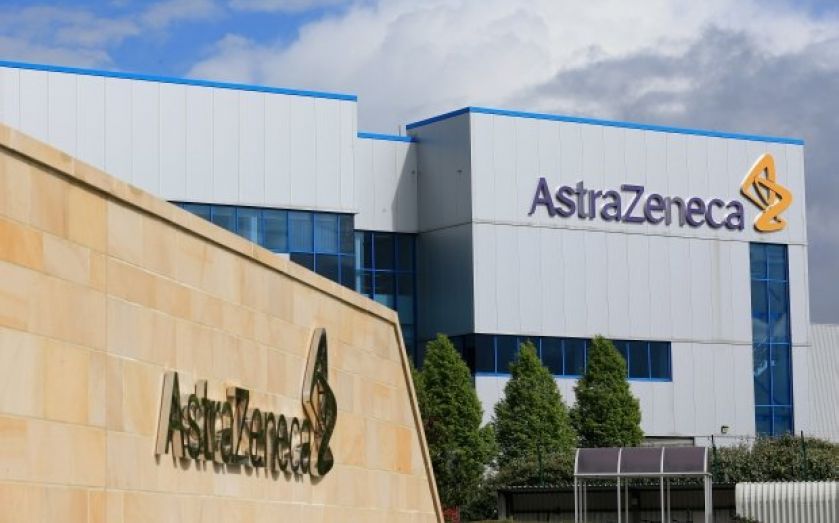Pharma is just the pill for risk hungry traders – Bottom Line

A badly kept secret about share prices: we don’t really know what keeps them at their exact levels.
The very nature of a market price is that it is determined by a vast number of transactions undertaken by a vast number of people, and is thus guided by a multiple of different perceptions based on differing knowledge. Some economists therefore believe it impossible for any individual to beat the market in the long run.
But it would be terribly boring if we all just gave up, so for a moment let’s consider the pharma sector.
Since news of Pfizer’s interest in Astrazeneca broke earlier this year, the latter firm’s shares have risen from the £37-£38 range to level out at around £42.50 to £44.50.
During the bid, and following its obdurate rebuttal of Pfizer’s advances, the board published constant updates boasting of the strength of its pipeline. But how much is the price propped up by these updates, and how much is it supported by an anticipation that Pfizer may return with another bid?
That is one of many questions worth asking in a sector that is rife with deals and speculation of more deals. Some hedge funds are said to be pulling out of Astrazeneca on the belief that Pfizer may look elsewhere, while analysts have said that the US firm could instead launch an audacious move for Glaxosmithkline.
Glaxo’s own shares are down over 15 per cent in recent months, as the UK’s biggest pharma giant is hit by bribery scandals and some disappointing sales. It looks likely to offload some older brands, with private equity firms eyeing them up.
The prospect of more deals to come makes pharma an extremely volatile market right now – and thus ripe for money-making, yet also highly risky. Maybe fortune will favour the brave.